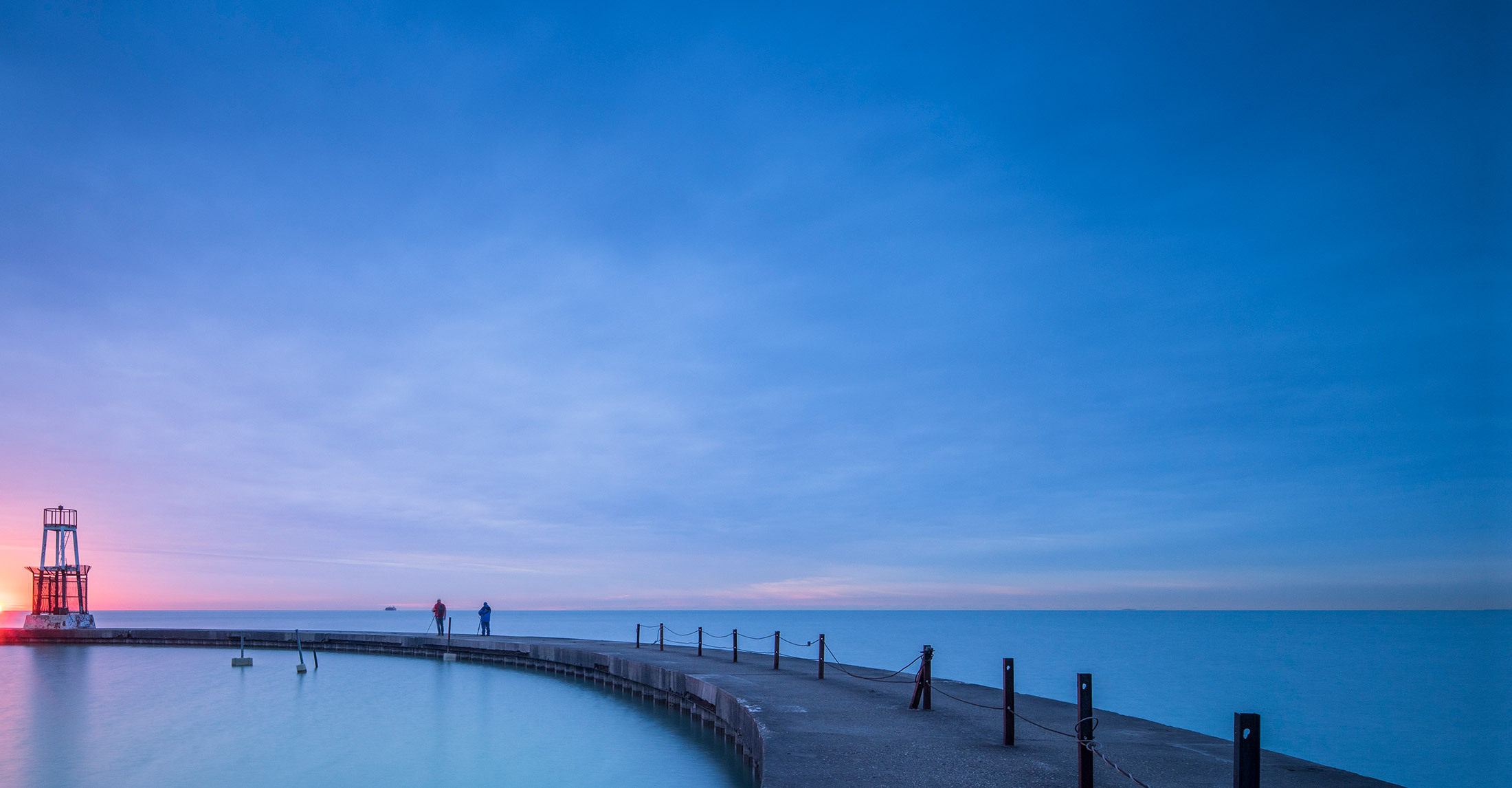| Firm News
Illinois Government Responses to Covid-19 Updated 7/23/2020
Today’s update discusses:
- Governor extending eviction moratorium
- Representative Bailey’s lawsuit against Governor being put on hold
- Governor seeking judge’s approval for mask mandate in schools
- Illinois Supreme Court approving rule changes to eviction proceedings
- Illinois Supreme Court denying law students’ petition to cancel bar exam
- Chicago Mayor reinforcing COVID-19 restrictions
- Chicago’s travel order adding yet another state
- Region Four in Southern Illinois hitting “warning level” as cases continue to increase
- ICJIA distributing $7.1 million
- Chicago Public Schools seeking input on preliminary school re-opening guidelines
EXECUTIVE ACTIONS
- Governor Pritzker announced this week that the eviction moratorium established in March will extend through August 22. (The eviction moratorium put evictions on hold as Illinois residents faced unemployment from the pandemic.) In addition, the governor announced he is working with the General Assembly to create emergency assistance programs for residents struggling to stay on top of their bills due to COVID-19.
JUDICIAL ACTIONS
- As noted in several prior updates, Representative Darren Bailey’s lawsuit against Governor Pritzker is on-going. In an effort to appeal the July 2 ruling from a Clay County Judge, the attorney general’s office asked that the last active issue be found moot and thus be dismissed. A hearing on the issue was to be held last Friday, but the Judge gave Bailey’s attorney until
July 22 to file a response to the state’s request. According to Bailey, “he will be adding a new complaint to his lawsuit.” - Last week the Sangamon County Circuit Court received a lawsuit filed by Governor Pritzker seeking approval of the governor’s order requiring schoolchildren to wear face coverings this fall. Governor Pritzker has taken the initiative on this issue. His chief legal counsel expressed the importance of getting ahead of possible forthcoming challenges to the mandate.
- The Illinois Supreme Court approved rule changes to eviction proceedings, which mandate that property owners file all related documents simultaneously when filing a complaint. In addition, property owners will need to “prove their right to remove residents from the beginning of the proceeding, giving tenants the exact reason for an eviction.” The purpose of these changes is to streamline the proceedings.
- As previously updated, law students and professors filed a petition with the Illinois Supreme Court asking that they be admitted to the bar without the need to take the September bar exam due to the pandemic. However, the Illinois Supreme Court denied the request. Instead, it announced that the Illinois Bar Exam will now be administered remotely in October, instead of in-person in September. Those who were registered to take the exam are automatically registered to take the remote exam, but they may also choose to wait for the February exam instead. The remote exam will cover the same material as the in-person exam, but will include half the material at half the time as before. This change is an emergency option only, and applicants will not earn a portable score.
HEALTH
- Chicago Mayor Lori Lightfoot has again enforced restrictions as the pandemic continues. Starting this Friday, Chicago bars that do not also serve food will no longer be allowed to serve alcohol indoors. They may, however, still provide outdoor services. In addition, table occupancy limits will be reduced to 6 people, indoor workout classes will be limited to 10 people, personal services where removal of a mask is required will no longer be permitted, and residential property managers will be asked to limit entry to 5 people per unit.
- Chicago has added yet another state to its mandatory travel order: Kansas. This is the 17th state to be added to the travel order. (Others include Alabama, Arkansas, Arizona, California, Florida, Georgia, Idaho, Iowa, Louisiana, Mississippi, North Carolina, Nevada, Oklahoma, South Carolina, Tennessee, Texas, and Utah.) Anyone visiting Chicago from one of these states, or anyone returning from one of these states, is required to quarantine for two weeks. Exceptions include essential work and medical travel.
- On Monday, Region Four (which consists of Madison, Clinton, Bond, Monroe, Randolph, and
St. Clair counties) reached what officials called a “warning level.” The announcement came after the region saw seven consecutive days of COVID-19 positivity rate increases. According to health officials, a region that faces a sustained rise in cases could be required to face mitigation steps such as suspending indoor bar service and reducing indoor dining capacity.
RESOURCES
- The Illinois Criminal Justice Information Authority (ICJIA) has announced the availability of $7.1 million in funding to distribute to organizations willing to help communities across the state that have been disproportionately impacted by the pandemic. Those interested should propose a plan to serve geographic areas meeting the description laid out by the ICJIA. Agencies must complete the necessary documents by July 24, 2020.
EDUCATION
- Chicago Public Schools announced preliminary school re-opening plans, but officials are asking for residents’ input before making any final decisions. The framework varies depending on the age of the student. For example, pre-K students will learn at school, while kindergarteners through 10th graders will have a hybrid option and 11th and 12th graders will learn entirely at home. Once parents review the preliminary framework, they can provide feedback via an online survey. A final plan will be announced in August.
